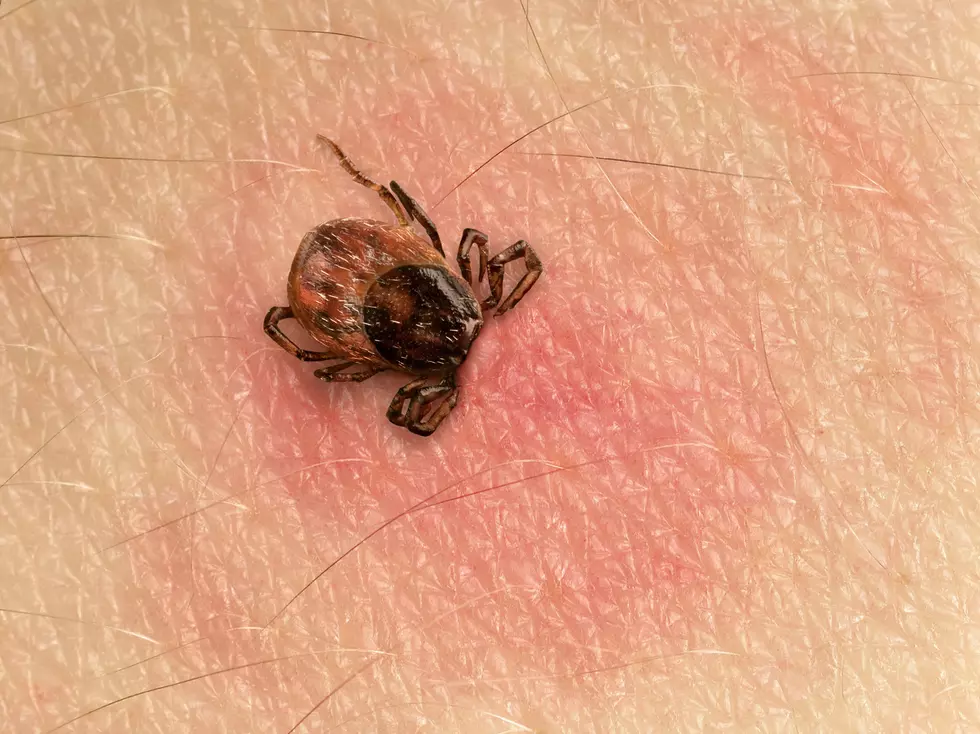
The 4 Worst Species of Ticks Native to Connecticut
Lyme disease, the most prevalent tick-associated disease in the United States, was first described in Lyme, Connecticut in 1976. Almost 300,000 humans get it every year, mostly here in the Northeast, Midwest, and Mid-Atlantic states. A few of my friends have Lyme Disease, and my previous Chihuahua Peanut suffered from it too.

I was sitting here in my studio in Brookfield the other day and I felt something crawling across the back of my left hand. It looked like a tiny watermelon seed with legs. I suddenly realized that it was a Blacklegged/Deer Tick, and I screamed like a 5 year old. All of the aches and pains, the fevers, and the lethargy that my friends and poor puppy suffered from the effects of Lyme Disease just flashed through my brain. I carefully plucked the little tick off my arm, luckily it wasn't attached, and I smashed it with the end of my pen.
Any tick is a bad tick in my mind, but there are 4 species of ticks here in Connecticut that you should truly be wary of: The American Dog Tick, or Wood Tick, which transmits Rocky Mountain spotted fever and Tularemia. The Blacklegged/Deer Tick, which transmits the bacteria that causes Lyme Disease. The Brown Dog Tick, which transmits Rocky Mountain spotted fever, and The Lone Star Tick, which transmits Ehrlichiosis, Heartland Virus, Tularemia, and STARI.
Most human infections of Lyme Disease occur during May, June, and July. According to CT.Gov, an infected tick needs to be attached for more than 24 hours to transmit the Lyme Disease pathogen, so timeliness is of the essence on finding these tiny blood suckers.
What should you do if you find one attached to you? Find a pair of tweezers, get the tip of the tweezers under the body, as close to the head as you can, and lift it up with steady, even pressure. The big perceived fear is leaving the head or mouth parts of the tick in your skin, but you can help yourself by immediately washing the bite area with rubbing alcohol, an antiseptic, or just plain old soap and water.
It's tick season Connecticut, be careful, and aware.
Danbury Was the Scene of a Sit-Down Between the Galantes and Gandolfinis
7 of the Best Family Beaches in New England
More From WRKI and WINE









